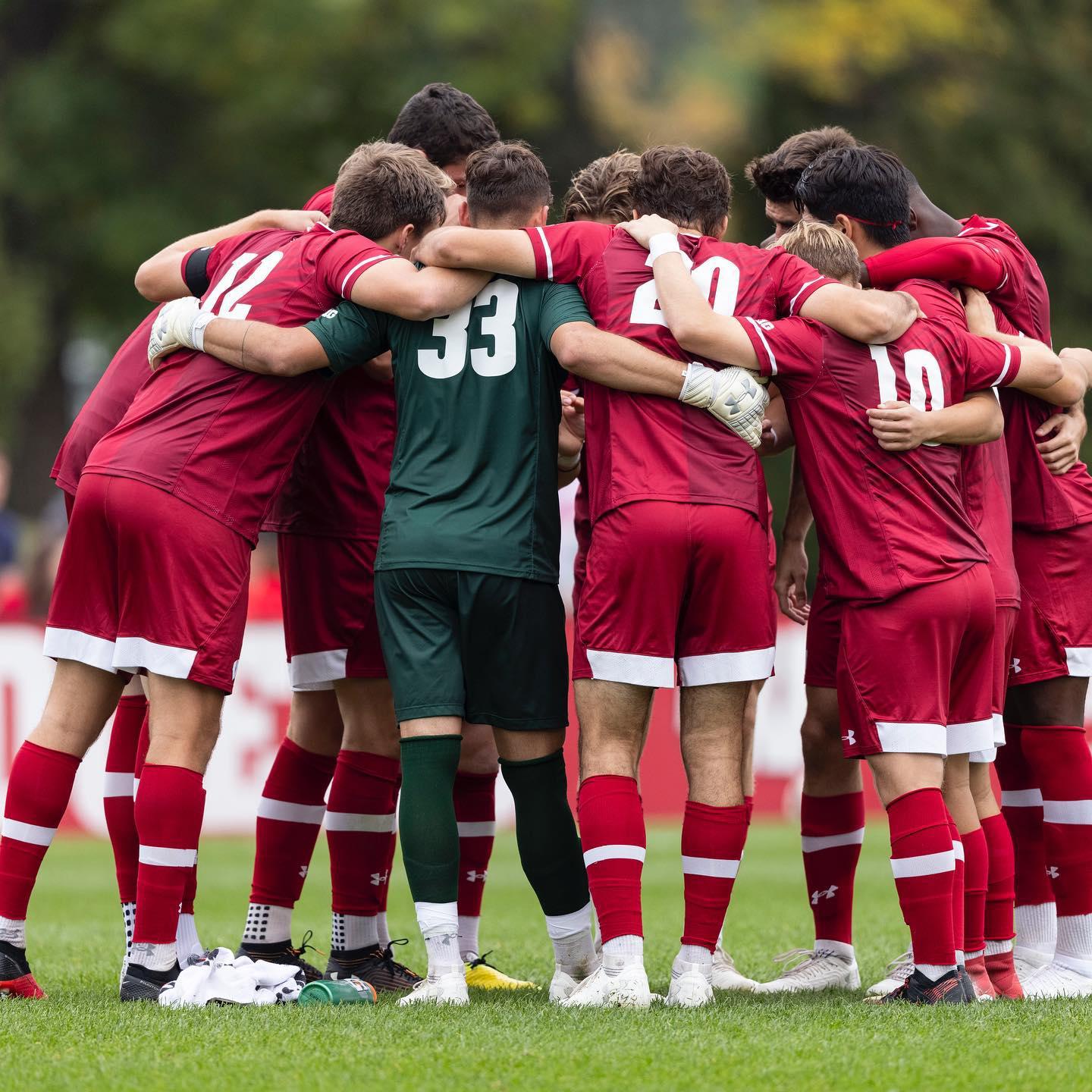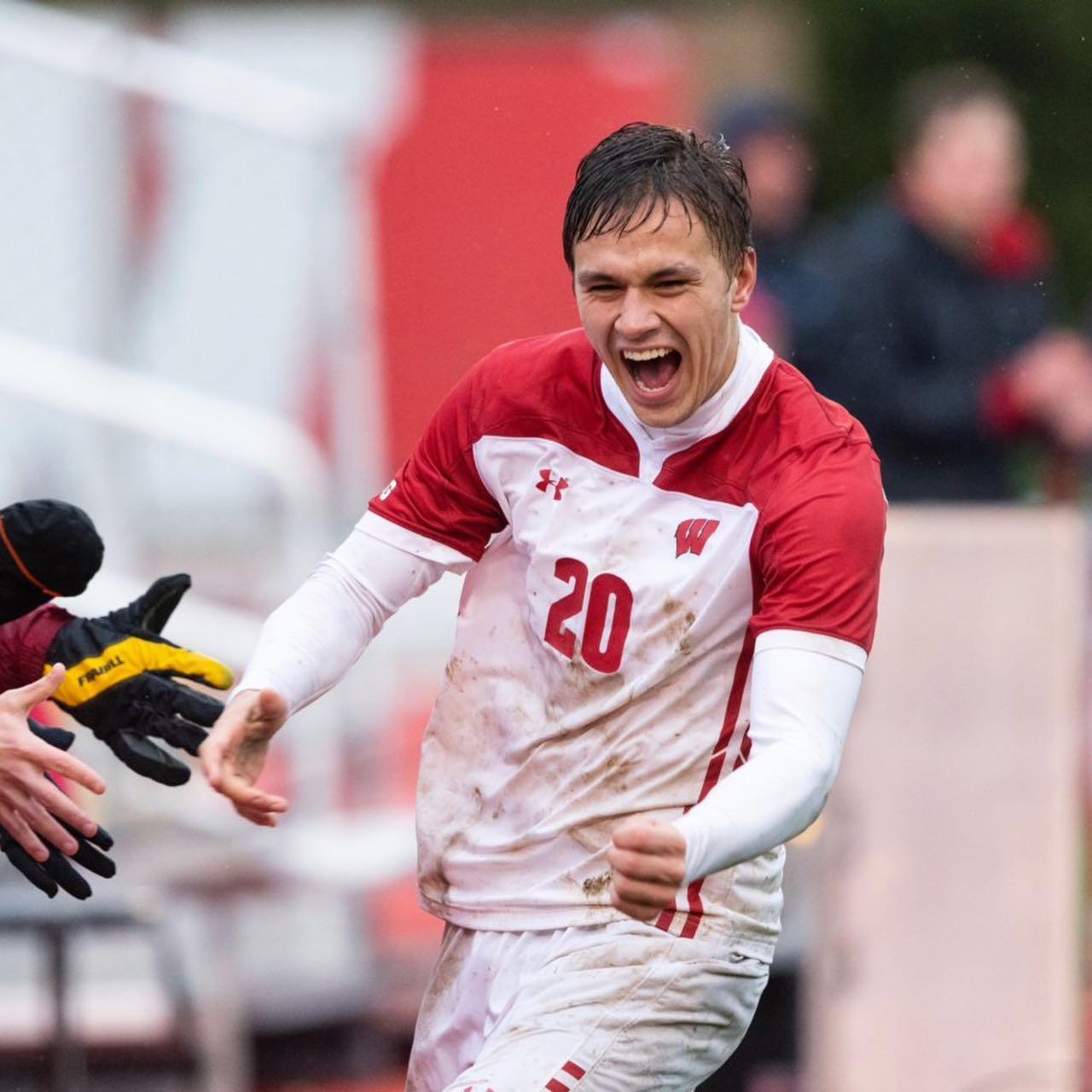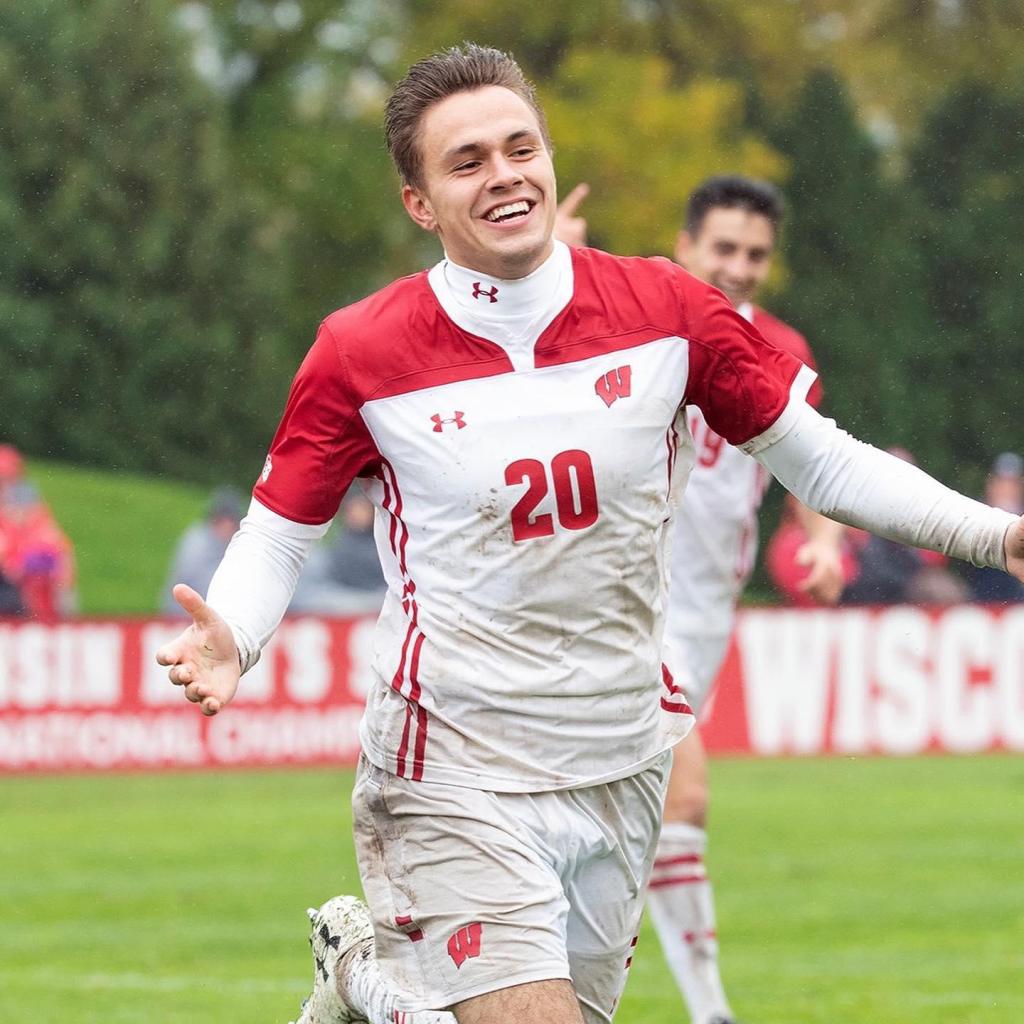Teenagers face mounting pressure to not only perform but to outperform their peers in academics and athletics. Getting to play sports at the collegiate level has been turned into a ceremony that resembles a professional draft. It’s a big deal—being on top secures you cameras and attention and scholarships at the most prestigious universities. We rarely talk about the immense pressure these student athletes face starting at a young age. It’s easy to forget that these athletes don’t pop up overnight. Many have been playing since they could walk without their large toddler heads causing them to tumble over themselves. Elite athletes are created from a combination of natural talent, dedication and enough internal and external pressure to create a diamond.
These superhuman expectations can wreak havoc on the still developing brains of teenagers and young adults, causing anxiety and depression. This year alone there has been an uptick in student athletes dying by suicide. These deaths are occurring in teens and young adults who are at the top of their game playing a sport they likely loved. It’s patently clear that the pressure on these students is immense. That’s why when Noah Melick, a University of Wisconsin soccer player, decided to take a step back from a sport he excelled at, his actions garnered support from across America.

Melick shared in a letter that he posted to Facebook explaining why he was giving up a sport that had secured him a scholarship at the University of Wisconsin. He wrote “After unimaginable concussions that left me disabled for a while, which led to mental health scares that could’ve taken my life, I have finally decided to hang ’em up,” he wrote. “It’s not worth the risk.”
The risk to a child’s physical and mental well-being is often forgotten about until an injury occurs. With Melick experiencing multiple concussions, it’s clear he had his fair share of physical pain. The star soccer player went on to say “pulling myself from my scholarship and school was the hardest decision of my life but could’ve been one of the smartest decisions I have ever made … because I’m still here.”
Later in the letter, Melick recognizes that it looked like he had everything but he was in a constant state of struggle due to his mental health. He encouraged other student athletes to do what they need to better themselves if they’re hurting or struggling. He continued his letter by saying “mental health is an injury that needs to be treated like any other injury,” and closed his resignation letter by recognizing three college student athletes that died by suicide this year with the reminder that “our identity isn’t our sport.”

Melick’s letter should serve as a reminder that although these kids are good at the sport they play, they’re still human and, in many cases, still children. Their mental health should come first above all else, because there’s no game or scholarship worth someone’s life. If you’re a parent of a student athlete, this letter should spark a conversation within your family about the seriousness of mental health and ways to address it in a healthy way. These athletes need our support and going on the comments under Noah’s letter, it seems like the support is out there. We just have to acknowledge the hurt.
If you are having thoughts about taking your own life, or know of anyone who is in need of help, please call the National Suicide Prevention Lifeline at 1-800-273-TALK (273-8255) or text “HOME” to the Crisis Text Line: 741741.








































